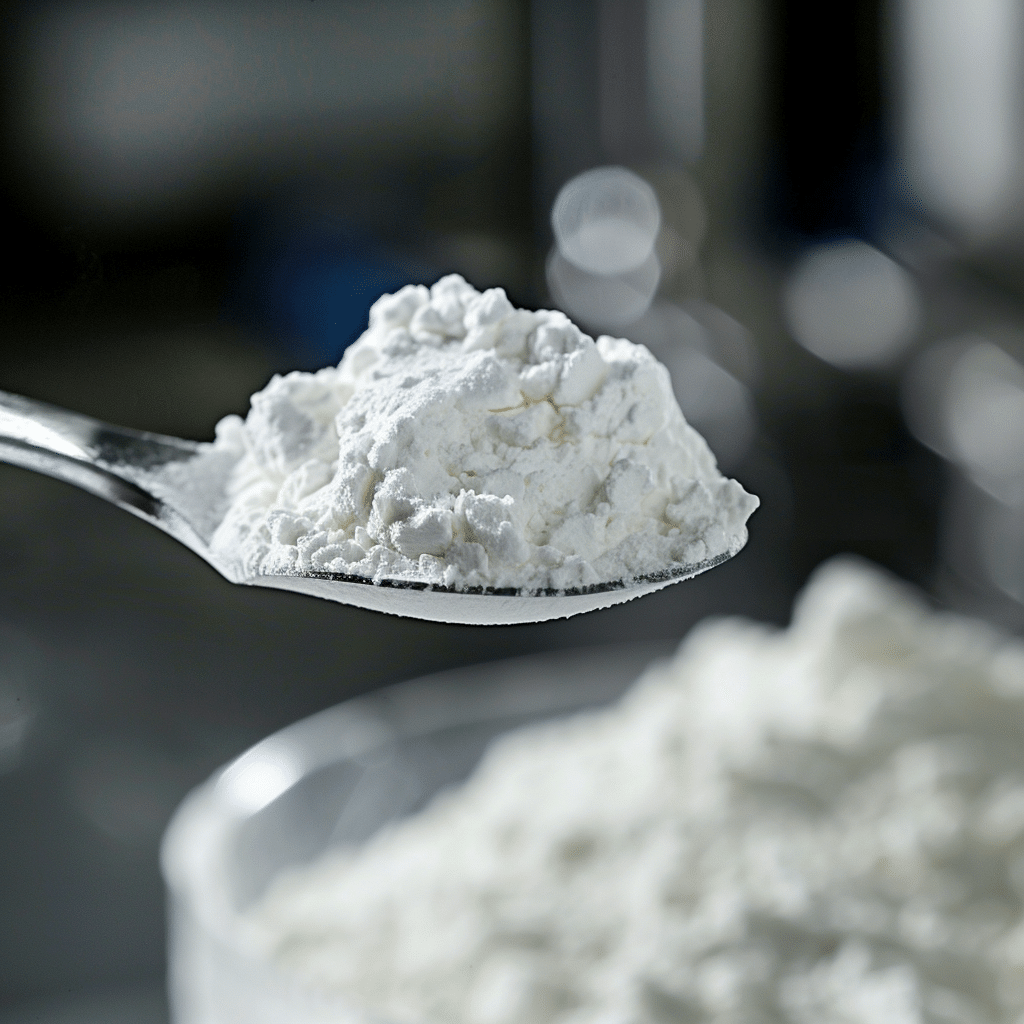Introduction: The Hidden Culprit Behind NAD+ Decline
NAD+ is essential for mitochondrial function, energy metabolism, and cellular repair. However, as we age, NAD+ levels decline dramatically—not just due to decreased synthesis, but also increased degradation. One of the main culprits behind this loss is an enzyme called CD38, which consumes NAD+ at a rapid rate. Recent research has shown that Apigenin, a naturally occurring flavonoid, may inhibit CD38 and support NAD+ restoration. This article explores the science behind this mechanism and its potential application in anti-aging supplements.

What Is CD38 and Why It Matters
CD38 is a multifunctional ectoenzyme found on immune and inflammatory cells. While it plays roles in calcium signaling and immune regulation, it also catalyzes the breakdown of NAD+ into nicotinamide and ADP-ribose.
- With Age: CD38 expression increases with age and chronic inflammation
- Impact on NAD+: CD38 is a major consumer of NAD+, depleting its cellular reserves
- Problem: Lower NAD+ levels impair mitochondrial efficiency, DNA repair, and sirtuin activity
Scientific Reference: A pivotal study by Camacho-Pereira et al. (2016, Nature Metabolism) identified CD38 as a key enzyme responsible for age-related NAD+ decline in mammalian tissues.
Apigenin: The CD38 Inhibitor
Apigenin is a flavonoid found in chamomile, parsley, and celery. It’s known for its anti-inflammatory, antioxidant, and neuroprotective properties. In recent years, researchers discovered its ability to suppress CD38 expression and activity.
- Mechanism of Action:
- Downregulates CD38 mRNA expression
- Directly inhibits CD38 enzymatic activity
- Dual Benefit: Slows NAD+ degradation and supports immune modulation
- Additional Benefits:
- Reduces inflammatory cytokines
- Enhances neurogenesis and cognitive function
Key Study: Chini et al. (2020, FASEB Journal) demonstrated that apigenin significantly reduced CD38 activity in vitro and restored NAD+ levels in aged mice.
Combining Apigenin with NAD+ Precursors
Inhibiting NAD+ consumption is only half the equation; boosting NAD+ synthesis completes the strategy. Combining Apigenin with NMN or NR (Nicotinamide Riboside) may offer synergistic effects.
- NMN + Apigenin: NMN raises NAD+ levels; Apigenin preserves them by blocking CD38
- Ideal for:
- Aging individuals with chronic inflammation
- Formulas targeting energy, longevity, and cognitive support
- Formulation Insight: Use liposomal or sustained-release apigenin (98%) for bioavailability
Safety and Regulatory Status
Apigenin is generally recognized as safe (GRAS) and has a long history of use in traditional herbal remedies. It’s currently being studied in clinical trials for its neuroprotective and anti-inflammatory potential.
- Toxicity: Low toxicity profile in rodent models even at high doses
- Availability: Readily available from botanical extracts
- Regulatory Note: No current restrictions for use in dietary supplements in US/EU markets
Conclusion: A Flavonoid with Functional Impact
Apigenin stands out not just for its antioxidant properties, but for its strategic role in preserving NAD+ levels through CD38 inhibition. When paired with NAD+ precursors like NMN, it forms a compelling, science-backed duo for energy, anti-aging, and cellular longevity formulas. For brands and formulators seeking innovation beyond basic antioxidants, apigenin represents a powerful, mechanism-driven option.
📙 Related Articles
- Best Ingredient Combinations for Brain Anti-Aging Products
- Top 6 Anti-Aging Ingredients You Need to Know in 2025
- How NMN Enhances NAD+ Levels and Cellular Energy
- How to Build a Multi-Pathway Anti-Aging Formula: NAD+, Autophagy, and More